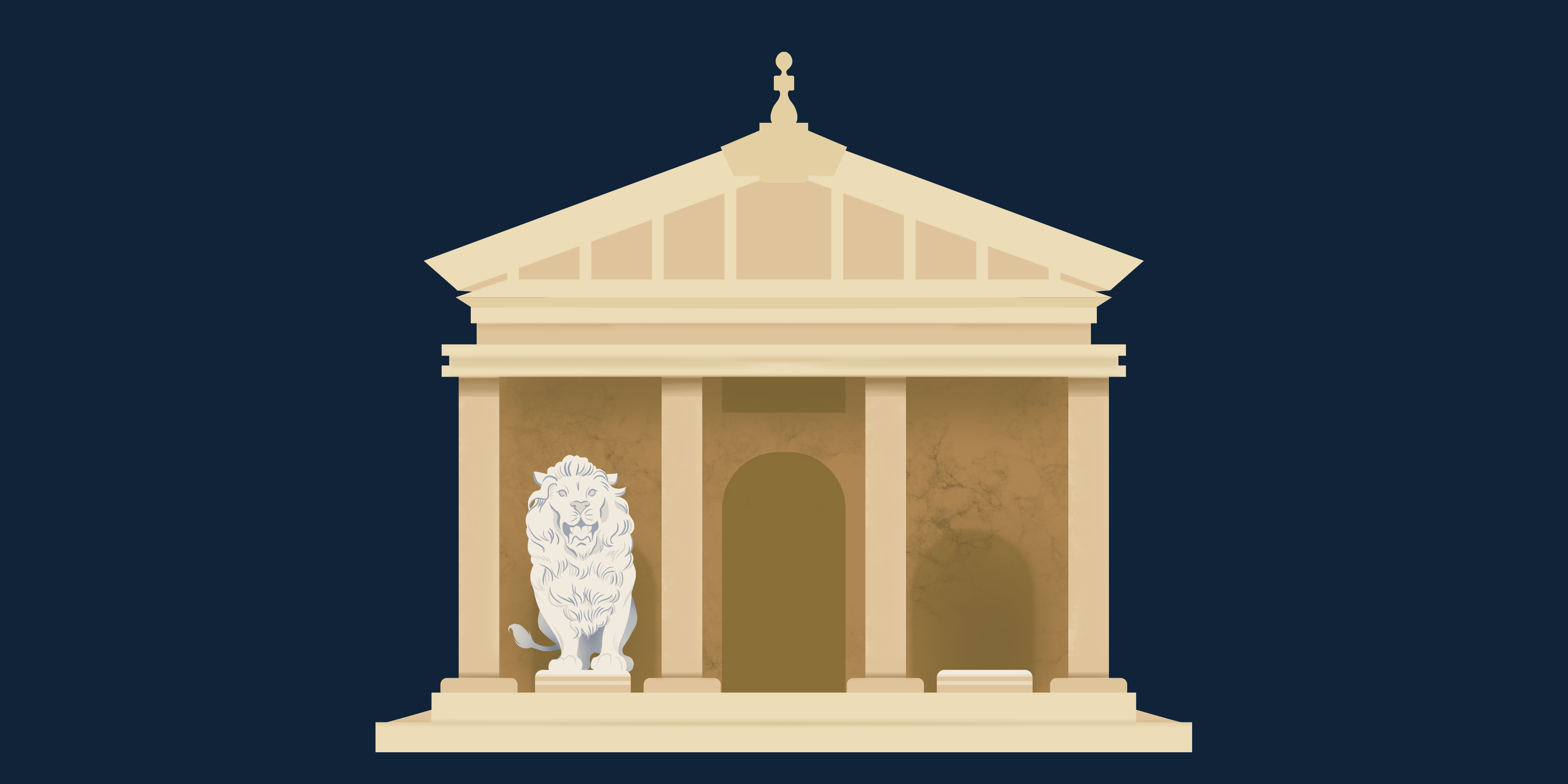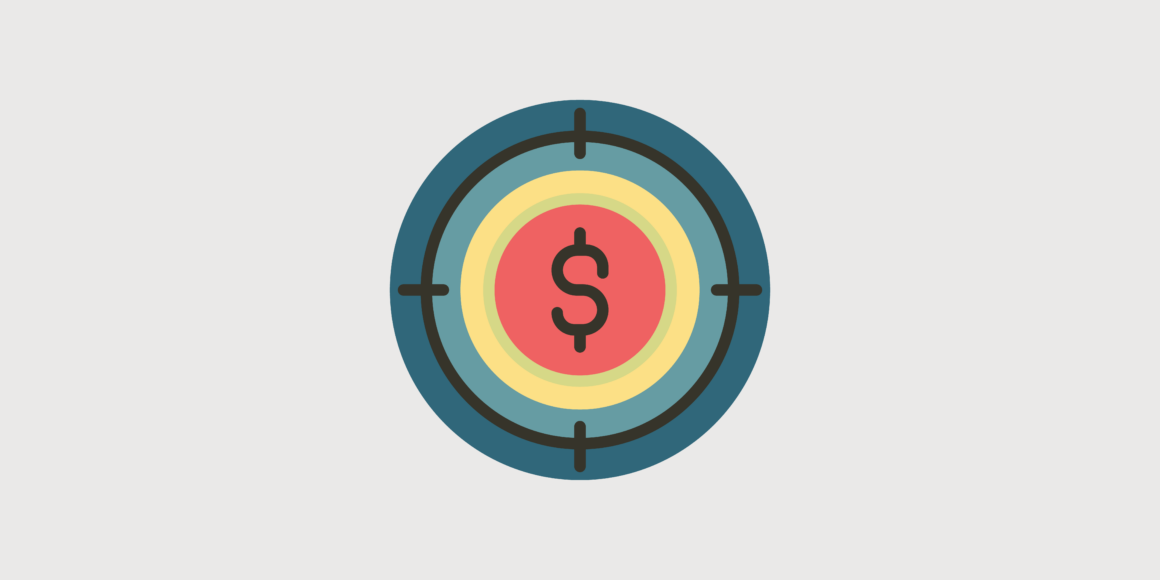They say the only sure things in life are death and taxes. But what happens when both those things meet at once?
Most people who have received an inheritance will know that things can get complicated when trying to understand the rules that dictate how much you get, and how much you’ll owe.
The Financial Pipeline spoke with Raymond Adlington, a lawyer and partner at Miller Thompson LLP, to guide us through the ins and outs of death, taxes, and inheritances.
Financial Pipeline: How are you taxed when you inherit a large sum of money, or a property?
Raymond Adlington: There is no requirement to include the amount of an inheritance, in any form, in taxable income in Canada. The estate of the deceased will have been subject to tax on income in the year of death and also any applicable provincial or territorial probate or estate administration tax.
FP: Do you have any tax obligations?
RA: In all cases, the recipient must pay tax on any income generated by the inherited property. For example, if an individual inherits stocks from a public corporation that declares a dividend that is paid to the individual, then they are required to report and pay tax on that dividend. If the inheritance is a foreign property that will generate income, then the individual should seek advice about tax obligations in the source country and foreign property reporting obligations in Canada.
Digging a bit deeper, future tax obligations depend upon the nature of the inheritance. For a widow or widower who inherits a RRSP or RRIF, the recipient will be required to pay tax as amounts are withdrawn from the plan.
The widow or widower who inherits other property will generally receive that property at a deemed cost equal to the cost of that property to the deceased, meaning capital gains tax will be payable at the time of a future sale based on that historical cost.
For other individuals who inherit (children, grandchildren, friends, etc.), the estate would be responsible for the full tax on the value of the registered plans at the time of death and any accrued capital gains up to the time of death. The recipients pay no tax directly, but the estate has a lesser value due to all of these taxes being due before the estate is distributed.
FP: So essentially, once the RRSP or RRIF is yours, you need to start making tax payments as you withdraw, just like with any other RRSP plan?
RA: Exactly. But let’s say for example, that an individual has an RRSP with $100,000 and in their will they leave it to their surviving spouse. In that case, the money will go directly into an RRSP for the surviving spouse. Then the surviving spouse pays tax on the $100,000 as it’s withdrawn.
We call it a rollover when an RRSP goes from one individual to another. You can only do that with a surviving spouse, a child who is under the age of 18 years, or a child or grandchild who is dependent upon you by virtue of disability. In all other cases, the RRSP has to be terminated by the estate, the tax paid, and then the leftover amount distributed to the beneficiaries.
So, in a situation where that same RRSP with $100,000 is left to a child over the age of 18, the amount has to come out of the plan immediately in the year of death of the deceased. So the taxes are all paid up front for the full $100,000 dollars, the child only receives what’s left over after the tax is paid, and they get it outside of an RRSP.
Inheritance and capital gains tax
FP: How are capital gains taxes paid at the time of the future sale, based on a historical cost?
RA: Let’s say that an individual owns shares of CN Rail, and they bought the shares for $100, and the shares are now worth $200. If the deceased bequeathed those shares to a surviving spouse or common-law partner, then they pay no tax and the estate pays no tax. But the cost amount of those shares to the survivor is $100. So that when the survivor sells those shares in the future, at that point in time, the capital gains tax needs to be paid, based on the difference between the selling price and that original $100 cost.
If those shares are bequeathed to a child, the deceased individual is deemed to have sold those shares for $200, as of the date of death. Tax needs to be paid on the $200, so the survivor is only going to be left with a portion of the shares because some of them are most likely going to have to be sold to pay the tax. Or some other property will have to be sold to pay the tax.
FP: So if it’s a child or somebody else who inherits, they need to pay tax up front on the face value of those shares?
RA: Yes. Everything is valued as of the date of death. And the same is true whether the property is a mutual fund, whether it is a stock, a bond, or even real estate. The same rule is applied to all these categories. The one exception in Canada is the principal residence.
FP: You mentioned the recipients pay no tax directly, but the estate has a lesser value due to all of these taxes being due before the estate is distributed. How does that work?
RA: Technically it’s the deceased individual that has to pay all of these taxes. If I were to die today, my tax year would run from January 1st, to today. And the tax rules say that on the day I die, I am deemed to have sold all of my stuff for fair market value. So that triggers the capital gains tax. Then, my estate is deemed to have acquired all of that stuff for the higher cost amount, which means that all the capital gains tax gets reported (in what we call the terminal tax return) because it technically fell within my tax year.
So since tax has to be paid, my estate is worth less after I die. So my inheritors get less in terms of value than what I owned on the day I died.
FP: In short, you owe tax on everything you own when you die.
RA: That’s right, and so recipients get whatever it was, minus the tax that I had to pay. Whereas if I leave everything to my surviving spouse or common law partner, they get everything but they’re getting it with a future tax bill that will be charged if and when they choose to sell it. But until that time, they’re benefiting because they still own the full value, so it’s a higher amount that’s generating investment returns for them.
Inheriting Property
FP: How does paying the capital gains tax work, when you are the child and you inherit a house?
RA: It depends. In the Canadian capital gains tax regime, there’s an exception for your principal residence. Of course, you can only have one principal residence, so if the house happens to be a cottage or a vacation home, then the normal rules apply and you have to pay the capital gains tax.
But if the house was the deceased’s principal residence, in other words, it’s where they lived during their lifetime, then no tax is ever paid on that. So, the children or spouse, or common-law partner simply inherit the house. With a cost amount that’s equal to the fair market value at the time of death.
If it’s not the principal residence, then it matters who the inheritor is. A spouse or common-law partner wouldn’t pay taxes when they inherit. They would pay them later, if the property is sold, based on the original cost.
With a child or another sort of inheritor, like a sister, the deceased pays tax at the time of death. So, the inheritor receives that property, minus whatever the tax paid is.
So let’s say, somebody bought a house in Canada for $400,000, and it’s their principal residence. Then, the house climbed in value to $500,000 at the time of the death of the individual. Because it was a principal residence, it doesn’t matter who inherits it. They would only pay tax on future rental income, or if they sell it, they would pay tax on the capital gain based on $500,000.
Now, in the case of any other type of real estate, whether it’s a vacation property, whether it’s a rental property, if it’s left to the spouse or common-law partner, then no tax gets paid at the time of death. Then let’s say, five years go by, and the house is now worth $600,000, then the widow or widower is going to pay tax on $200,000, being the difference between $600,000 and the $400,000 original purchase price.
Same example, but the house is bequeathed to a child, or a brother, or a sister. Then, the estate needs to pay capital gains tax based on $100,000 immediately, because the house value went up by that much since it was purchased. Then, the inheritor gets a house with a capital cost to them of $500,000. Later, when they sell it for $600,000, they only pay tax based upon the incremental $100,000 gain between time of death and sale.
So it’s basically dividing the capital gains tax between the time of death, and then the time of future sale.
Protecting your inheritance
FP: How can you protect your inheritance from third-party claims?
RA: The most likely third party claim is from a spouse or common-law partner. So, you would generally protect it by making sure that the will of the deceased is written in a way that indicates an intention that it not be considered community property. Step two, is to put the inheritance in a trust sort-of arrangement so that it’s not really owned by you anymore.
I’ll give you an example. If I were to receive an inheritance from my parents of a half a million dollars, and I don’t really need it to spend tomorrow, what I might do is say, “Okay, I’m gonna put a half million dollars in a trust fund that benefits myself and my two daughters.” And in that way, I no longer own money. It’s owned by me and my two daughters in a trust arrangement. So that if somebody were to sue me, they wouldn’t be able to get the inheritance anymore because it’s not mine. I’ve given it away to this trust fund for the benefit of my daughters.
There’s different ways that you can achieve that outcome in terms of protecting the inheritance, but it’s important to consider what amounts are significant and when the risk profile of the individual is higher. When the risk profile of the individual is low, for example, if somebody is single and an employee of a corporation that is unlikely to get sued for anything beyond a car accident, then you wouldn’t necessarily worry about this too much. Where the individual is self-employed and on their second or third marriage, then you may look at protecting the inheritance from third party claims more seriously.





